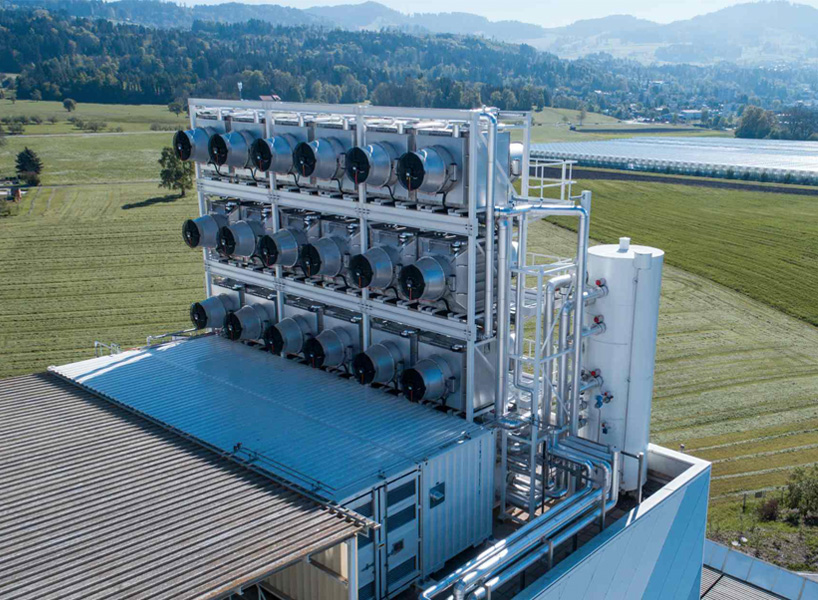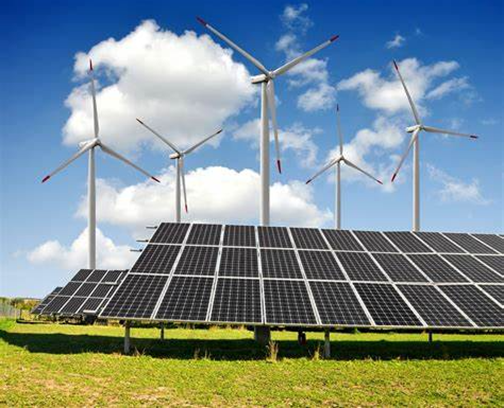Today, the Sabin Center has published a best practices guide for negotiating and drafting Community Benefits Agreements (CBAs), as well as a database of 50 example CBAs from climate-related projects and other types of infrastructure.
For background, CBAs are legally binding contracts between developers and host municipalities or community groups that aim to mitigate the local impacts of large projects. These agreements can provide substantial benefits to, and avoid significant harm to, local communities as well as developers. A typical CBA provides local communities with a combination of monetary benefits (e.g., direct payments) and non-monetary benefits (e.g., environmental stewardship commitments), in exchange for increased community support and increased certainty in the approval process, thus avoiding protracted opposition.

In the new best practices guide, Expert Insights on Best Practices for Community Benefits Agreements, the Sabin Center outlines 35 recommendations for developers and host communities when negotiating and drafting CBAs. These recommendations are the product of extensive interviews with a panel of lawyers and other experts from across the United States who have collectively negotiated dozens of CBAs and similar agreements. Thus, they reflect lessons learned through experience. While the guide specifically aims to assist developers and host communities who are negotiating CBAs in the context of direct air capture hubs and carbon-dioxide pipelines in the United States, the recommendations should be applicable to other types of climate infrastructure, too.
The guide’s 35 recommendations are divided into three categories: (A) best practices for developers negotiating CBAs; (B) best practices for host communities negotiating CBAs; and (C) best practices for drafting CBAs, as well as key terms to include in CBAs. The last section of the guide cites examples from the Sabin Center’s new CBA database as models for certain types of provisions. If you have examples of additional CBAs that can be added to the database, please contact Matthew Eisenson at matthew.eisenson@law.columbia.edu.
Matthew Eisenson is a Senior Fellow at the Sabin Center for Climate Change Law, where he leads the Renewable Energy Legal Defense Initiative (RELDI).



